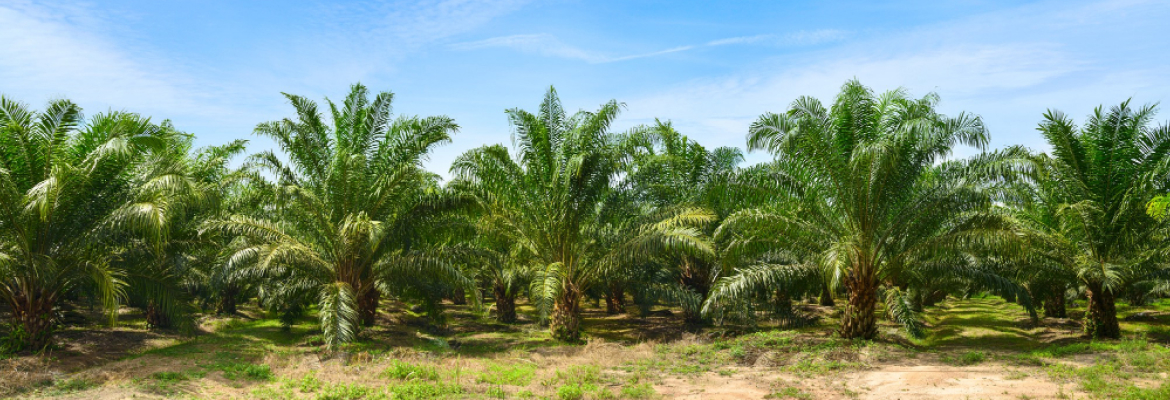Published on: June 28, 2024
Palm oil is one of the most widely used vegetable oils in the world, found in everything from food and cosmetics to cleaning products and biofuels. Its versatility and low cost have made it a popular choice for manufacturers, but the production of palm oil has also been linked to deforestation, habitat destruction, and human rights abuses. In recent years, there has been a growing movement towards sustainable palm oil production, driven by concerns about its environmental and social impacts. This article explores the importance of the palm oil sustainability movement and its implications for the future.
One of the key drivers of the palm oil sustainability movement is the environmental impact of palm oil production, including red palm oil. The expansion of palm oil plantations has been a major driver of deforestation in tropical regions, particularly in Southeast Asia. Deforestation not only destroys vital habitats for endangered species like orangutans and tigers but also contributes to climate change by releasing carbon stored in forests into the atmosphere.
Sustainable palm oil production aims to mitigate these environmental impacts by promoting practices that minimize deforestation, protect biodiversity, and reduce greenhouse gas emissions. This includes initiatives such as the use of agroforestry systems, which integrate palm oil cultivation with other crops and trees to preserve biodiversity and soil health.
In addition to its environmental impact, organic palm oil production has also been linked to social issues such as land grabbing, forced labor, and human rights abuses. Indigenous communities and smallholder farmers in palm oil-producing regions have often been marginalized and displaced to make way for plantations, leading to conflicts over land and resources.
The palm oil sustainability movement seeks to address these social issues by promoting fair labor practices, respecting the rights of local communities, and ensuring that the benefits of palm oil production are shared equitably. Certification schemes such as the Roundtable on Sustainable Palm Oil (RSPO) require companies to adhere to strict social criteria, including respect for land rights, labor rights, and the rights of indigenous peoples.
Certification schemes like the RSPO play a crucial role in promoting sustainable palm oil production. These schemes set standards for environmental and social performance and provide a way for consumers to identify products that have been produced responsibly. Companies that meet these standards are certified as sustainable and can use the certification logo on their products, giving consumers the assurance that they are supporting sustainable practices.
However, certification schemes have faced criticism for not being stringent enough and for failing to address some of the root causes of sustainability issues in the palm oil industry. Critics argue that certification alone is not enough to ensure sustainability and that broader systemic changes are needed to address issues such as land tenure and governance.
Consumers also play a crucial role in driving the palm oil sustainability movement. By choosing products made with certified sustainable palm oil, consumers can send a clear signal to companies that they demand sustainable and ethical practices. Many companies have responded to this consumer pressure by committing to using only certified sustainable palm oil in their products.
In addition to choosing sustainable products, consumers can also support the palm oil sustainability movement by raising awareness about the issue and advocating for stronger regulations and policies to promote sustainability in the palm oil industry.

The palm oil sustainability movement has made significant progress in recent years, with more companies committing to sustainable sourcing practices and more consumers choosing sustainable products. However, there is still much work to be done to address the environmental and social challenges associated with palm oil production.
Moving forward, it will be important for stakeholders across the palm oil supply chain to work together to promote sustainable practices and ensure that the benefits of palm oil production are shared equitably. This will require continued efforts to improve certification schemes, strengthen regulations, and empower local communities to participate in decision-making processes.
At Palm Done Right, we are committed to producing palm oil in a way that is environmentally sustainable, socially responsible, and economically viable. We believe that by working together, we can create a more sustainable future for palm oil production. Join us in our mission by supporting sustainable palm oil practices and joining the Palm Done Right mission.Support companies that are committed to using sustainable palm oil in their products, like our partner Natural Habitats. Look for products that are certified by organizations like the Roundtable on Sustainable Palm Oil (RSPO) or that are partnered with Palm Done Right in the fight against conflict palm oil. By choosing these products, you are sending a clear message to companies that you support sustainable palm oil practices. Together, we can make a difference. Join us in supporting sustainable palm oil and help create a more sustainable future for palm oil production.
Palm can be grown for good, bringing benefits to:
Together, we can influence change for: